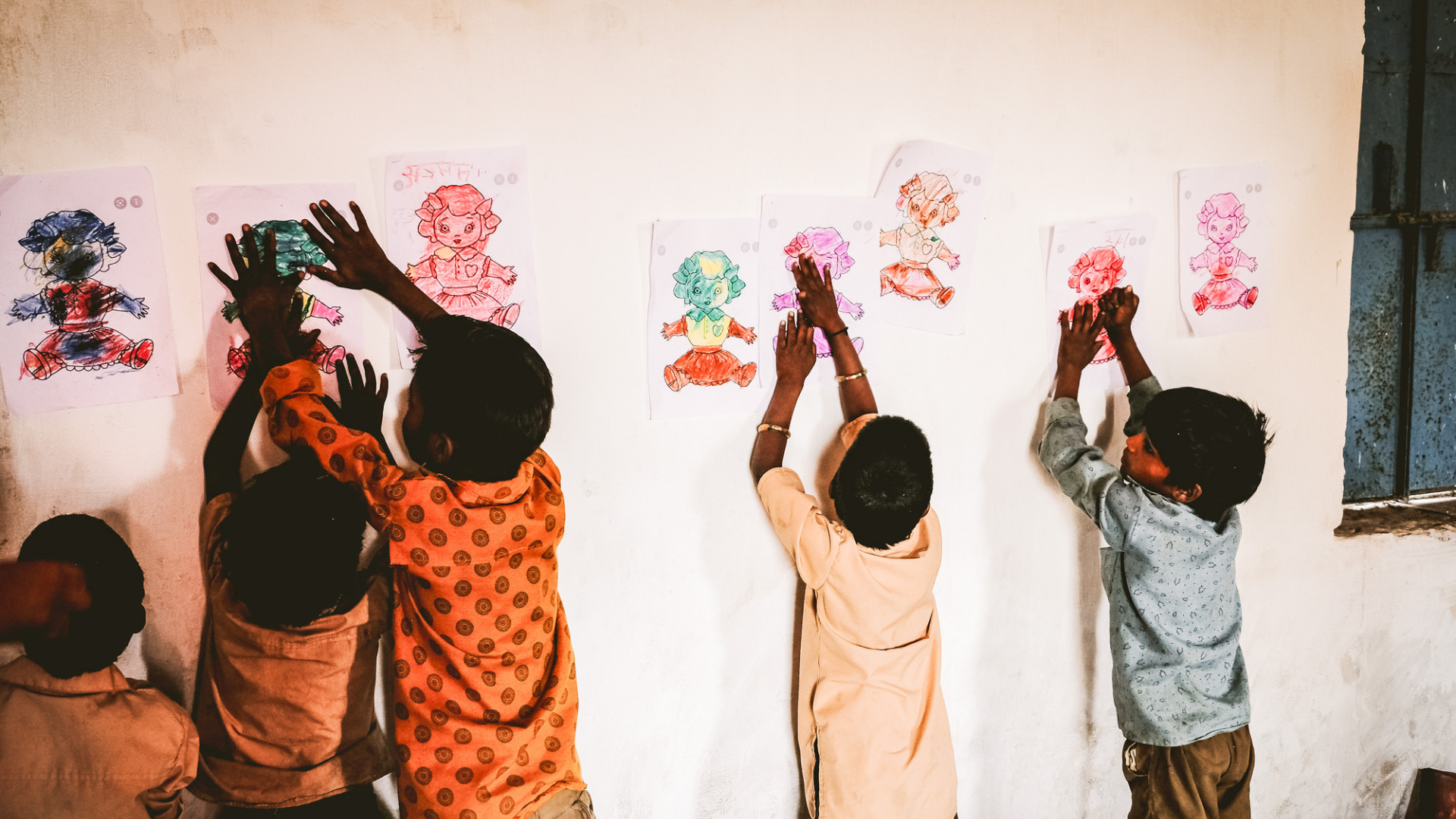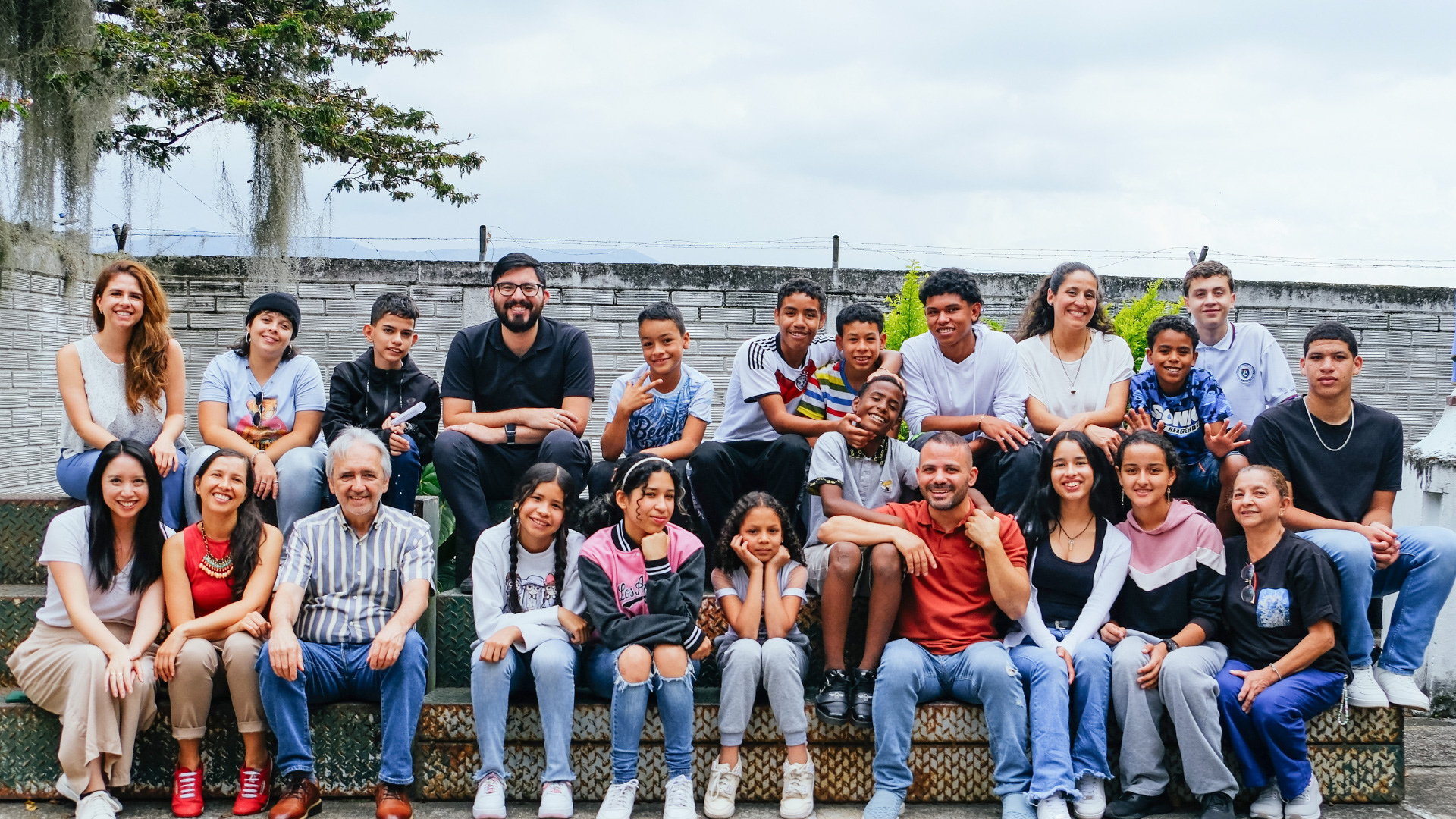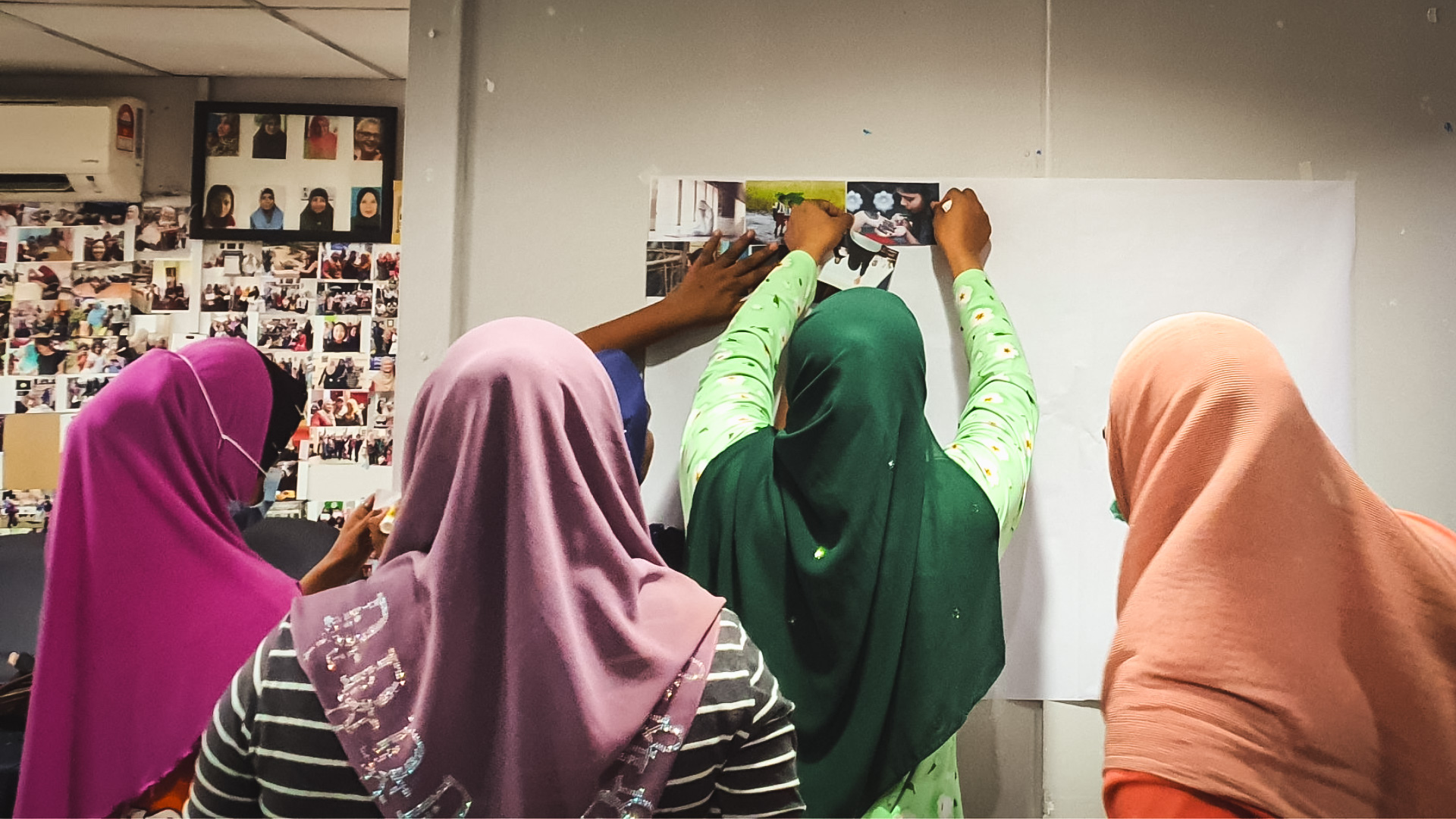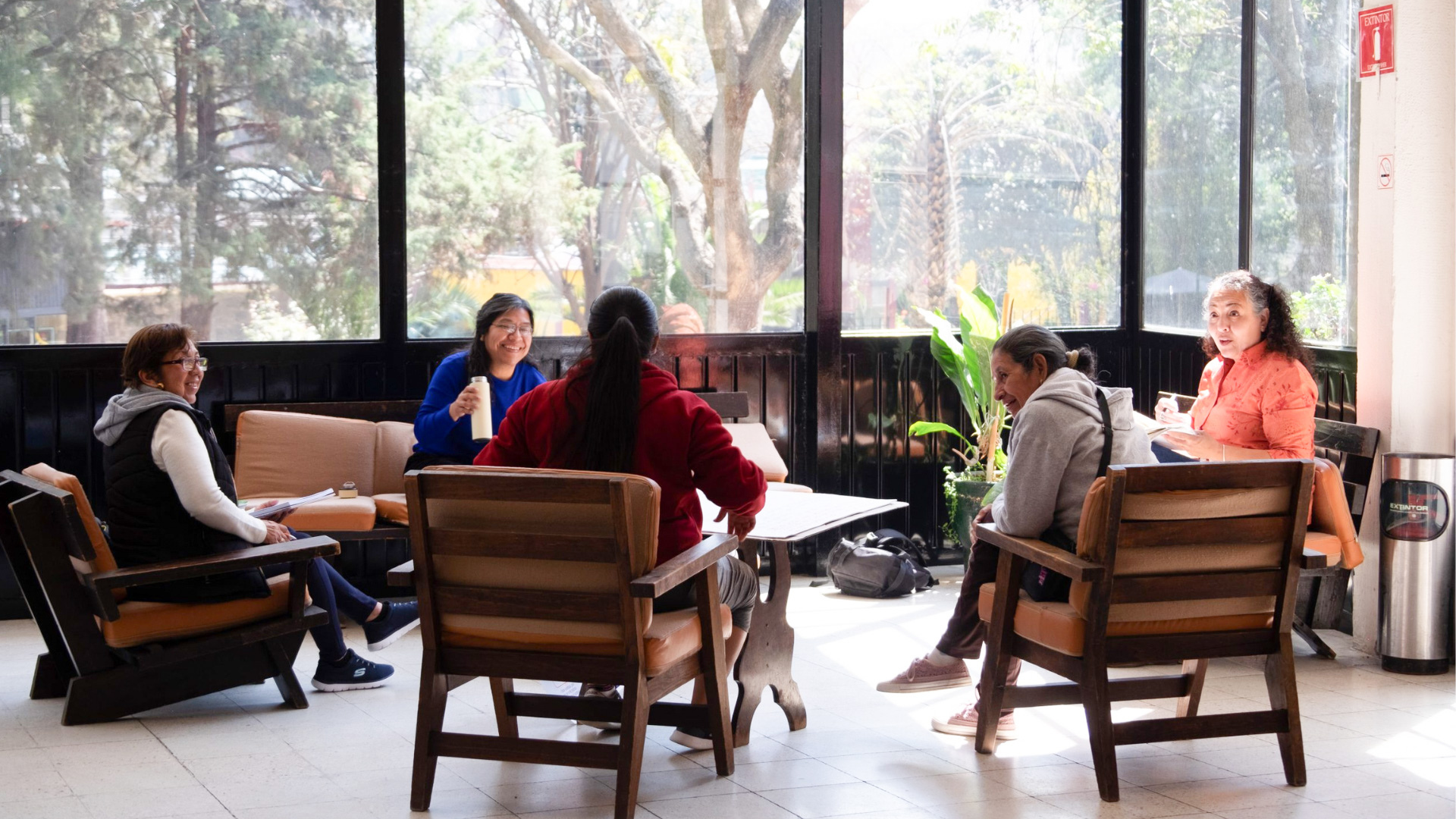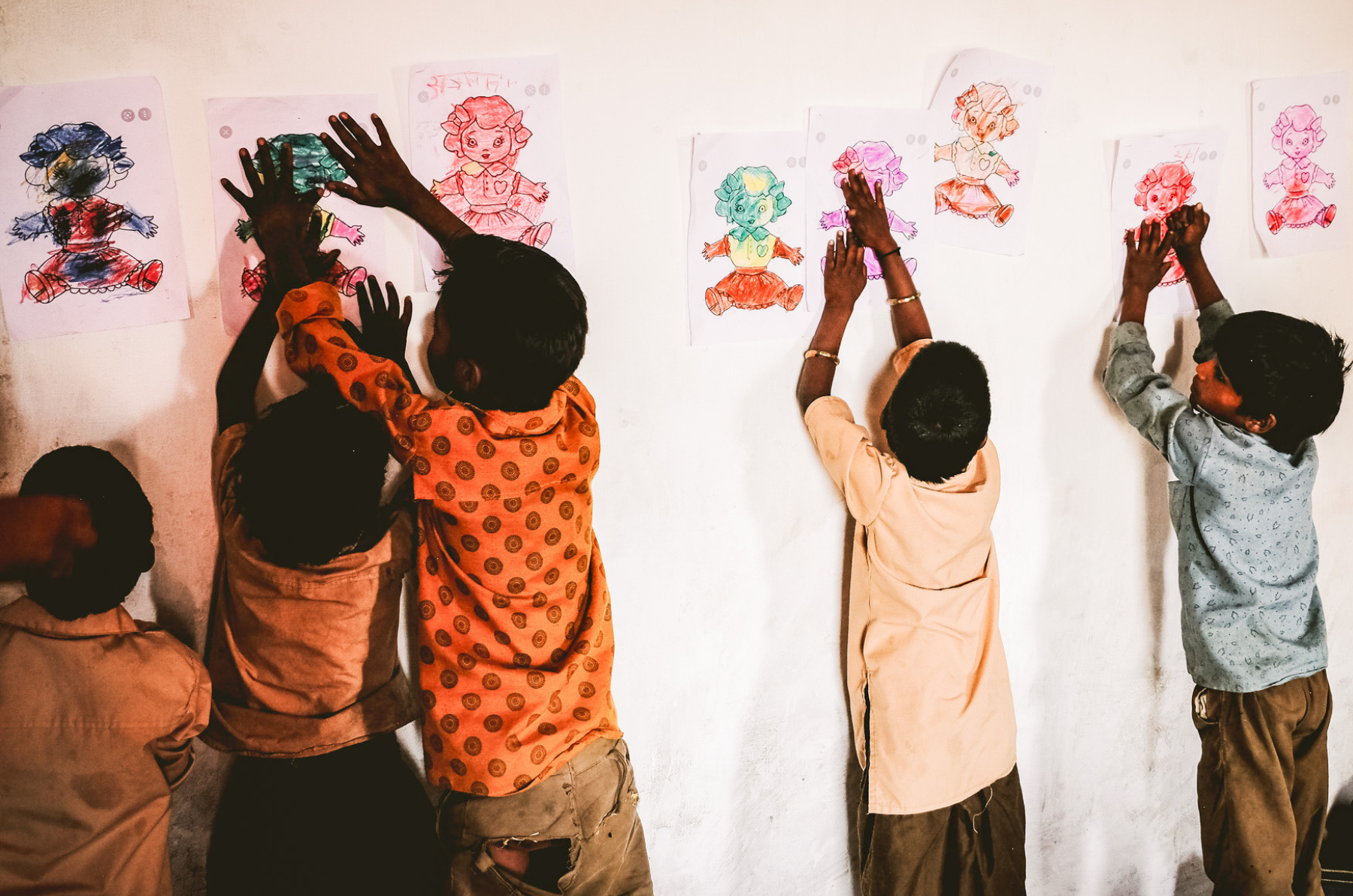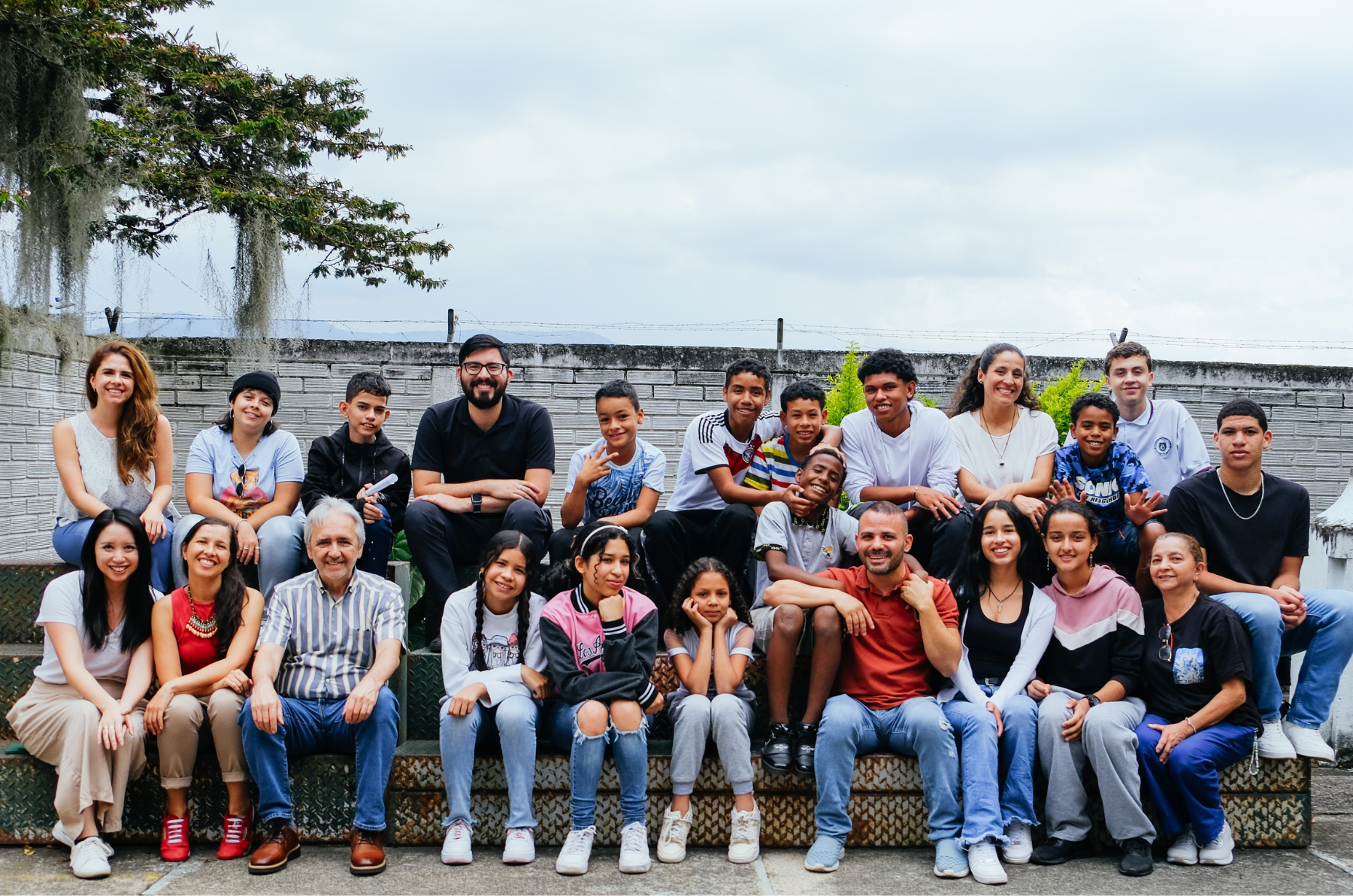Why community mental health?
50% of the world’s population is expected to experience poor mental health at some point in their lives.
Why community mental health?
50% of the world’s population is expected to experience poor mental health at some point in their lives.
Awareness and treatment are important but not enough to address the mental health crisis.
In 2020, governments spent just over 2% of health budgets on mental health, with many low-income countries reporting fewer than 1 mental health worker per 100,000 people.* This underscores the urgent need for scaling positive mental health promotion at the community level, particularly in underserved contexts.
Awareness and treatment are important but not enough to address the mental health crisis.
In 2020, governments spent just over 2% of health budgets on mental health, with many low-income countries reporting fewer than 1 mental health worker per 100,000 people.* This underscores the urgent need for scaling positive mental health promotion at the community level, particularly in underserved contexts.
Everybody is created to flourish
But the burdens of violence and injustice fall heavily on the shoulders of marginalized communities, increasing the risk of poor mental health and affecting key areas of life.
Our vision, however, goes beyond just healing. It centers on communities’ ideas of flourishing: a shared experience of vitality that inspires individual and collective action.
The power of positive mental health in community settings
Our programs focus on building psychological flexibility— a proven approach that supports both individuals and communities, and can scale beyond clinical settings.
The approach helps prevent mental health conditions, supports resilience in crises, and fosters agency, compassion and connection.
Toward collective liberation
When a whole community becomes more psychologically flexible, those skills do more than support personal wellbeing— they give the power to create real change that ripples far beyond themselves.
Together, we’re building a world in which marginalized communities lead the way toward our collective liberation.
Everybody is created to flourish
But the burdens of violence and injustice fall heavily on the shoulders of marginalized communities, increasing the risk of poor mental health and affecting key areas of life.
Our vision, however, goes beyond just healing. It centers on communities’ ideas of flourishing: a shared experience of vitality that inspires individual and collective action.
The power of positive mental health in community settings
Our programs focus on building psychological flexibility— a proven approach that supports both individuals and communities, and can scale beyond clinical settings.
The approach helps prevent mental health conditions, supports resilience in crises, and fosters agency, compassion and connection.
Toward collective liberation
When a whole community becomes more psychologically flexible, those skills do more than support personal wellbeing— they give the power to create real change that ripples far beyond themselves.
Together, we’re building a world in which marginalized communities lead the way toward our collective liberation.
Promoting mental health across sectors
Education
Classrooms infused with mental health for both educators and students can offer an environment for lifelong learning and personal growth.
Gender equity
Mental health increases emotional stability and values-driven action, making it possible to shift both individual behaviors and community perspectives on long-held beliefs and practices.
Promoting mental health across sectors
How do we foster community-led mental health?
How do we foster community-led mental health?
Practices we use

Community-centered design
Centering participants’ values and experiences in the creation of locally-driven programs. Learn more.
Acceptance and Commitment Training (ACT)
An adaptable, evidence-based therapeutic framework that helps individuals and communities develop psychological flexibility. Learn more.

Liberation psychology
Actively dismantling the legacy of internalized and external oppression to experience healing, values-derived action, and collective freedom. Learn more.
Practices we use

Community-centered design
Centering participants’ values and experiences in the creation of locally-driven programs. Learn more.

Acceptance and Commitment Training (ACT)
An adaptable, evidence-based therapeutic framework that helps individuals and communities develop psychological flexibility. Learn more.

Liberation psychology
Actively dismantling the legacy of internalized and external oppression to experience healing, values-derived action, and collective freedom. Learn more.

